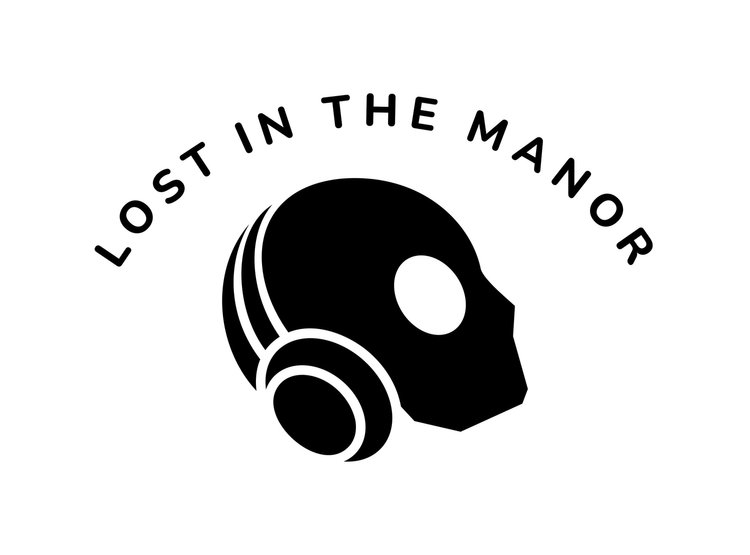Horny Cricket is the brainchild of Robert Beshara, an underground composer & recording artist from Cairo, Egypt who is currently based in northern New Mexico. Horny Cricket is an electronic music album composed, arranged, performed, and produced by Beshara, primarily during the COVID-19 era, so it captures that spirit through a variety of music genres (e.g., electro, jazz, & hip hop). "istimtā'" is a Romanization of the Arabic word إِسْتِمْتَاع, which means jouissance or enjoyment. For an optimal experience of sonic enjoyment, listen to this synthomatic album with high-fidelity headphones. Tortoise, Vangelis, Jarre, Ye, Tyler, Mounib, and Jarret inspired some of the sounds on this album.
By Kamil Bobin
Discovered via Musosoup
Hello Horny Cricket. What strengths do you have that you believe make you a great musician?
I have been making music for around 20 years. I’m originally from Egypt, and now live in the United States. Like Vangelis, I compose, arrange, perform, and produce music. My biggest strength is that I write music that is uniquely mine. I do not try to fit my music into a genre. I am passionately driven to compose music, which moves me, and people tell me it has a signature style. At the same, this originality of voice can be challenging for listeners because we like to compare what we hear to what we already know. But if people listen to my music with a beginner’s mind, they may enjoy it more because I draw from multiple genres, and many artists influence me, but it’s hard to categorize my music using one genre.
Who inspired you to make music?
When I was younger, it was The Beatles. My father had a book of their lyrics in his library, and reading their lyrics while listening to their music was very inspiring to me when I began writing songs in high school because they provided me with a model of how to write a good song.
Later, my interest shifted toward complex music like Frank Zappa’s.
Your latest release is istimtā’. Can you share with us the background of its creation and did any unusual things happen during its creation?
I recorded most of istimtā’ in Santa Fe right after moving here, so the album captures my early impressions of the city. You can also see it in some track titles like Arroyo de mi Imaginación, New Mexico Pika, and Santa Fantastic.
The only unusual thing I can think of is that I recorded Vibin’ with Nature at Jeffrey Blacknature’s house while vibing with him. Jeffrey, of course, is a former member of Sierra Leone’s Refugee All Stars band and an excellent musician!
Can you shortly describe each of the tracks that are on the album?
Arroyo de mi Imaginación is inspired by my many walks in different arroyos in Santa Fe. New Mexico Pika is about the love of my life. Da Beat captures the essence of my style of improvisation or instant composition. Terremoto is a jazzy variation on Tyler, The Creator’s Earfquake. 808ing is obviously inspired by 808s & Heartbreak. Frère Jacques is my take on the classic by Jean-Philippe Rameau. Loopy the III is video game music which references Lupin the Third. In Mounib, I sample one of my favorite songs (Sadaany Ya Sahby) by Egyptian-Nubian legend Ahmed Mounib. I wrote Rhythm + Flow after watching the Netflix show with the same name.
The Subject-Octopus Problem is another piece which exhibits my quirky improvisational style of composition from the perspective of being underwater. ¿Cachai? is an ode to a popular Chilean expresion. To Keith is dedicated to one of my heroes, Keith Jarrett. Santa Fantastic is a piece I wrote about Santa Fe before moving here. I already mentioned the background to Vibin' with Nature. Woah is just pure sonic enjoyment.
How do you stay up-to-date with the latest musical trends?
I don’t.
What makes you different from others?
I make singular music. If you spend time listening to my music, you’ll come across a signature style that would be difficult to replicate since it is a sonic translation of my subjectivity over the years.
What’s an average day like for you?
Very busy. I’m always juggling multiple projects. Some are academic and research-oriented, others are purely artistic. My background is in theatre, music, and film, but I’m also a research psychoanalyst with training in critical psychology.
Please discuss how you interact with and respond to fans.
I have fans from when I lived in Cairo, and now I have online fans worldwide. Honestly, I care less about having fans and more about people listening to and enjoying my music, whether they see themselves as fans or not. There’s so much music out there, and most people already know what they like, so it’s difficult to introduce them to new music. But it doesn’t stop me. I’m persistent because I believe, like Zappa, “music is the best.”
What advice would you have for someone wanting to follow in your footsteps?
Find your original voice. Make the music that you want to make and which moves you. Show it to others and let their feedback drive you to improve your craft continuously. When it comes to music, there is a technial side which has to do with engineering and craft. And that part takes time to master. And, of course, there is the creative part, which is more difficult and elusive, but it’s the essence and why we fall in love with music in the first place. When the two parts come together, you usually have a masterpiece!
What are your plans for the future?
I plan to continue releasing remastered archival material or music that I’ve recovered over the years in multiple cities where I lived. After that, I have two big projects in mind: one fully dedicated to my early MIDI compositions and a simple, entirely acoustic album.

